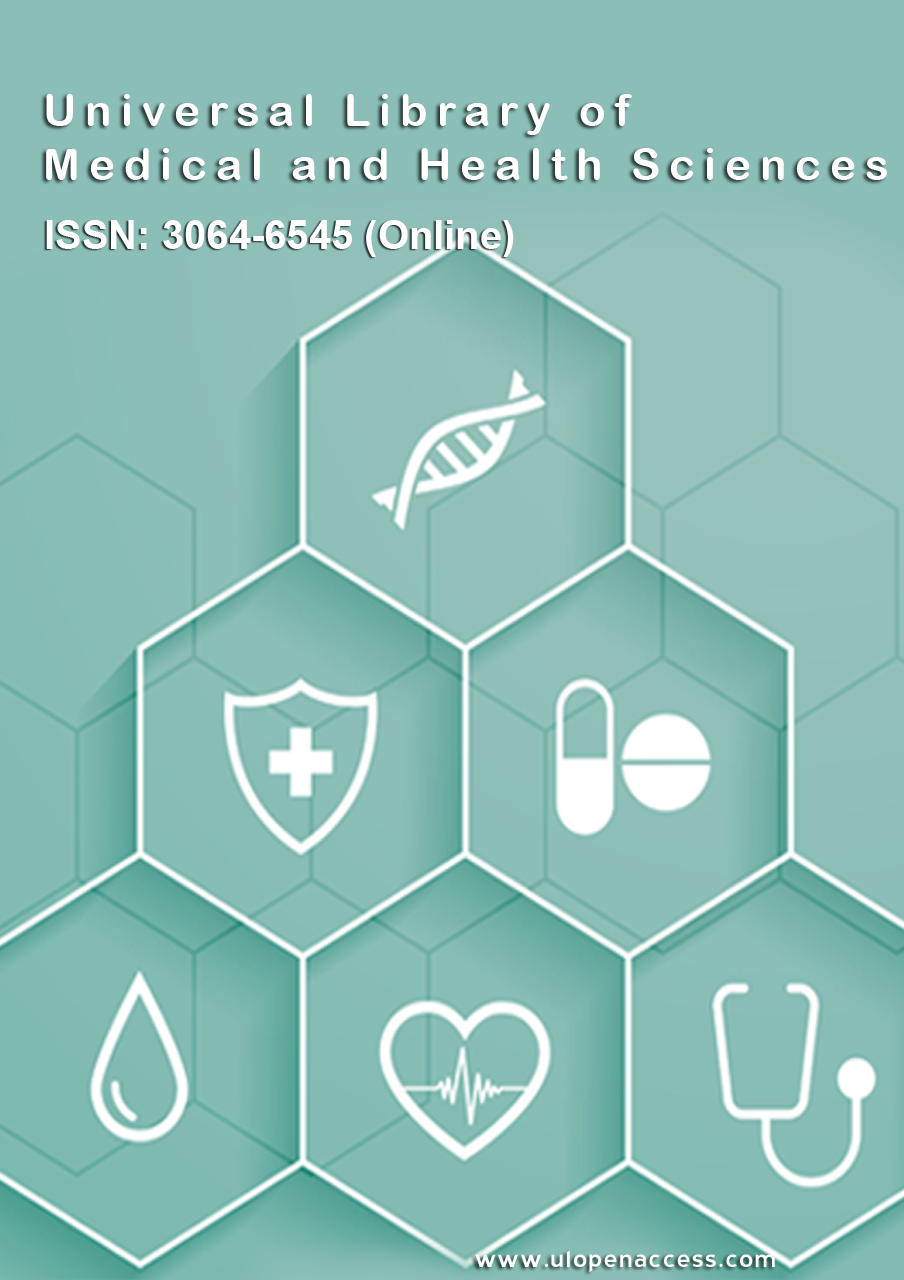Effect of a Red Yeast Rice Complex (RYRC) Supplement on Diet-Induced Dyslipidemia in HamstersWan-Li Chu, Yi-Ju Hsu, Chi-Chang Huang, Yu-Jou Chien Citation: Wan-Li Chu, Yi-Ju Hsu, Chi-Chang Huang, Yu-Jou Chien, "Effect of a Red Yeast Rice Complex (RYRC) Supplement on Diet-Induced Dyslipidemia in Hamsters", Universal Library of Medical and Health Sciences, Volume 03, Issue 02. Copyright: This is an open access article distributed under the Creative Commons Attribution License, which permits unrestricted use, distribution, and reproduction in any medium, provided the original work is properly cited. AbstractHypercholesterolemia is a significant risk factor for cardiovascular disease. Microbial metabolites such as red yeast rice and nattokinase, as well as flavonoids and polyphenols from plants like bergamot and grapes, have shown potential in lipid regulation. This study aimed to evaluate the lipid-regulating effects of a red yeast rice complex (RYRC) supplement containing microbial metabolites and plant extracts. In this study, hyperlipidemia was induced in Syrian hamsters using a high-cholesterol diet (HCD), followed by intervention with RYRC at doses of 0, 123.3, 246.7, and 616.7 mg/kg (n=9 per group) for six weeks. Lipid and cholesterol levels in the blood, liver, and feces were analyzed post-intervention. The results demonstrated that, compared to the HCD control group, RYRC supplementation significantly reduced serum TG, TC, LDL-C, and LDL-C/HDL-C ratio while increasing the HDL-C/TC ratio. Additionally, hepatic TG and TC levels were significantly reduced, and fecal TG and TC excretion were significantly increased. These findings suggest that RYRC regulates blood lipids by reducing cholesterol accumulation in the blood and liver and enhancing cholesterol excretion via feces. RYRC shows promise as a functional food supplement for lipid regulation. Keywords: Download |
|---|

